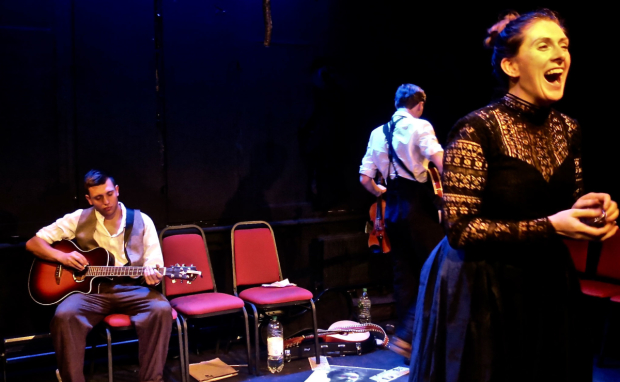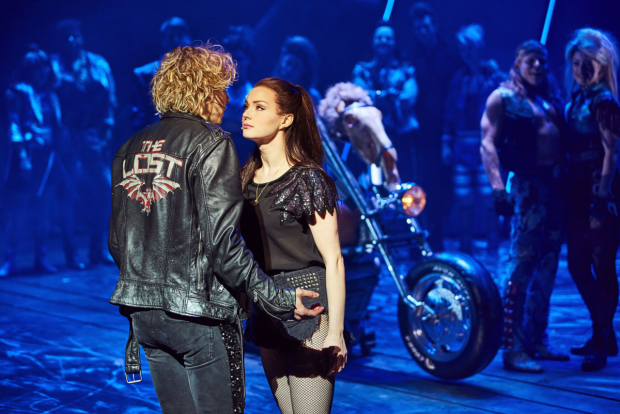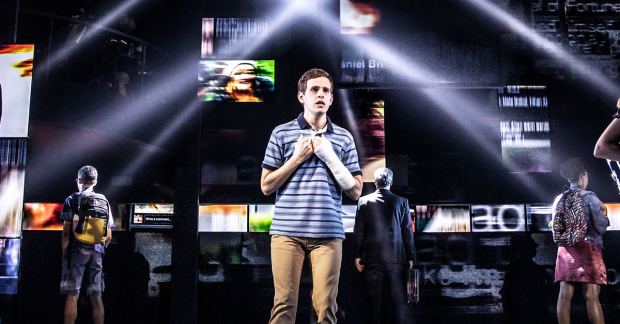Review: Bury the Hatchet (Hope Theatre)

© David Spence
It is 126 years since Andrew and Abby Borden were murdered in their Massachusetts home, and speculation still ripples around their deaths. She took an axe blow to the forehead, and another 18 more. His face was "a mess of raw meat," according to police reports; one of his eyeballs split clean in two. No-one was ever convicted of the crime.
Lizzie Borden, Andrew's youngest daughter, was acquitted in court the following year, but she's still the prime suspect – and still the subject of macabre fascination. The family home has been turned into a museum for murder obsessives (and a reasonably-priced B&B). There's even a skipping-rope rhyme in her honour: "Lizzie Borden took an axe / And gave her mother 40 whacks / When she saw what she had done / She gave her father 41".
Sasha Wilson's micro-musical re-opens the case. Set to a folksy bluegrass score that swings between plaintive and pastiche, Bury the Hatchet rakes over Borden's alleged crime, scouring old source material for new clues.
It's a tangled tale, one that takes in botched poisonings, dead pigeons and two sisters with good reasons for resenting their stepmother. Forensics being as they were in the late 1800s – the best anyone could do was tell animal blood from humans – there's no conclusive evidence either way, but Wilson makes a persuasive case for Borden's guilt, raking over the contradictions in her police testimonies. She is, however, on shakier ground when speculating about her sexuality – postulating a lesbian affair with the family maid – and her motive.
Yet the question remains, why exhume the case at all? There's been no miscarriage of justice per se, and even if Borden "literally got away with murder", she's been dead more than 90 years. No-one stands to benefit from bringing the truth to bear. The best Bury the Hatchet can do is scratch the itch of a morbid mystery; no less grimly voyeuristic than a Jack the Ripper tourist trail.
It does, however, make for good Grand Guignol, and Wilson and her two actor-musicians, Joseph Prowen and David Leopold, rake up the dead with gleeful aplomb. It's a playful piece, the trio stepping in and out of the story with a lick of self-mockery and bickering over the telling of the tale. There's a running gag quibbling over axes and hatchets, and they toy with the true crime tropes and American gothic clichés with a keen sense of fun. Played at a whistlestop pace, it's a grisly story that grips.

















